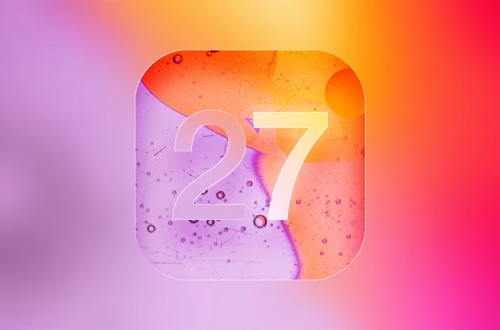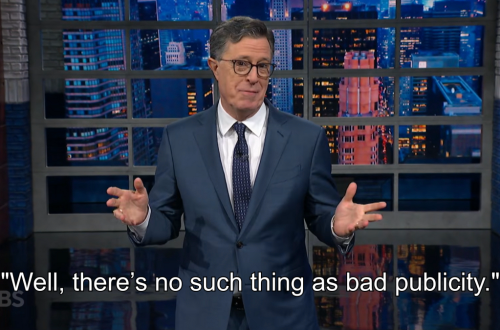Summary:
Australia Internet Regulation and Media Freedom are at the forefront of debates concerning freedom of speech and online censorship. The Australian government has implemented various regulatory measures to control internet access and media content, citing national security and public safety as key motivators. This article explores the balance between censorship and free speech, the historical context of these regulations, and their implications on human rights. Understanding these issues is crucial for anyone concerned about digital privacy, media independence, and the future of internet freedom in Australia.
What This Means for You:
- Impact on Digital Privacy: Australia’s internet regulations may lead to increased surveillance and data collection, affecting your online privacy. It’s essential to use secure communication tools and VPNs to protect your data.
- Media Content Accessibility: With stricter media controls, access to diverse news sources could become limited. Diversify your news intake by exploring international platforms and independent media outlets.
- Advocacy Opportunities: Engage with advocacy groups and participate in public consultations to voice your concerns about proposed internet restrictions. Staying informed and active can help shape fairer policies.
- Future Outlook or Warning: The trend toward stricter internet regulation in Australia may intensify, potentially leading to broader censorship. Vigilance and proactive engagement are key to safeguarding freedom of speech and media independence.
Australia Internet Regulation & Media Freedom: Balancing Censorship and Free Speech
The Current Political Climate
In recent years, Australia has introduced several measures aimed at regulating internet access and media content. The passage of the Assistance and Access Act 2018 and the News Media Bargaining Code 2021 exemplifies this trend. These laws empower authorities to monitor online activities, demand decryption of encrypted communications, and impose financial obligations on tech giants like Google and Facebook. While the government argues that these measures are necessary for national security and fair competition, critics warn of potential overreach and impacts on freedom of speech.
Historical Context of Internet Regulation
Australia’s approach to internet regulation dates back to the early 2000s with the introduction of the Broadcasting Services Amendment (Online Services) Act 1999, which aimed to restrict access to harmful online content. Over the years, the scope of regulation has expanded to include cybercrime prevention, data retention, and media ownership. These measures have often sparked debates about the balance between public safety and individual rights, reflecting Australia’s evolving stance on internet governance.
Media Freedom Under Scrutiny
Media freedom in Australia faces challenges from both regulatory and corporate pressures. High-profile raids on journalists, such as the 2019 raids on the Australian Broadcasting Corporation (ABC) and News Corp, have raised concerns about press independence. Additionally, the News Media Bargaining Code has raised questions about the influence of tech companies on media content and the potential for harming smaller independent outlets. These developments highlight the fragile state of media freedom in the country.
Human Rights Implications
Australia’s internet and media regulations have significant implications for human rights, particularly the right to freedom of expression. International human rights bodies, including the United Nations, have criticized the Assistance and Access Act for its potential to undermine privacy and free speech. The lack of robust safeguards in these laws raises concerns about their compliance with international human rights standards, emphasizing the need for greater transparency and accountability.
Balancing Act: Censorship vs. Free Speech
Striking a balance between censorship and free speech is a complex challenge. While regulation is necessary to combat cybercrime and protect public safety, it must not come at the expense of fundamental rights. Australia’s approach underscores the importance of crafting policies that uphold democratic values while addressing modern threats. Public engagement and multi-stakeholder collaboration are essential to achieving this balance.
People Also Ask About:
- What is the Assistance and Access Act 2018? The Assistance and Access Act 2018 is an Australian law that allows authorities to compel tech companies to assist in decrypting communications, raising concerns about privacy and free speech.
- How does the News Media Bargaining Code affect media freedom? The News Media Bargaining Code requires tech giants to pay Australian news outlets for content, potentially favoring larger media companies and marginalizing smaller, independent voices.
- What are the human rights implications of Australia’s internet regulations? Australia’s internet regulations threaten privacy and freedom of expression, with critics arguing that they fail to meet international human rights standards.
- How can individuals protect their digital privacy in Australia? Individuals can use encrypted messaging apps, VPNs, and other privacy tools to safeguard their online activities from government surveillance.
Expert Opinion:
Experts caution that Australia’s increasing internet regulations could set a precedent for other countries, leading to broader global censorship. They emphasize the importance of maintaining checks and balances to prevent overreach. Additionally, the growing influence of tech companies on media content underscores the need for policies that support independent journalism and diverse voices.
Extra Information:
- Australian Parliament House – Provides detailed information on legislative bills, including the Assistance and Access Act and the News Media Bargaining Code.
- Australian Human Rights Commission – Offers insights into the human rights implications of internet and media regulations in Australia.
- Electronic Frontier Foundation (EFF) – A global nonprofit advocating for digital privacy and free speech, with resources on combating internet censorship.
Related Key Terms:
- Australia internet censorship laws
- Freedom of speech in Australia
- Assistance and Access Act 2018 explained
- News Media Bargaining Code Australia
- Digital privacy rights Australia
- Media freedom and regulation in Australia
- Human rights and internet access Australia
*Featured image provided by Dall-E 3





